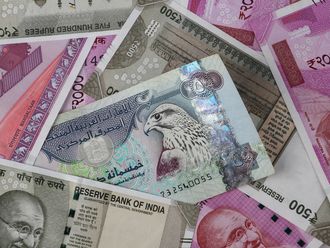Washington: International Monetary Fund researchers said the benefits from cheap oil may not materialise until demand in the global economy picks up and central banks in advanced nations move away from near-zero interest rates.
Despite a significant drop in oil prices since June 2014, economists are still looking for the positive effects of cheaper oil. While the main reason why prices have fallen has been an increase in global supplies, a new IMF report shows that domestic demand has been weaker than forecast in oil-exporting countries last year, while falling short of expectations in oil importers such as the US and Europe.
Researchers argued that in an environment where oil prices are low and central banks cannot reduce policy interest rates further, “the decline in inflation owing to lower production costs raises the real rate of interest,” making it more expensive to borrow and stifling demand, the paper said.
Conversely, when oil prices rise while central banks are hesitant to aggressively raise rates, higher prices are expected to be “expansionary by lowering the real interest rate,” IMF researchers led by chief economist Maurice Obstfeld noted, referring to interest rates adjusted for inflation.
While consumers are benefiting from cheap fuel prices, persistently low inflation makes the job of central banks harder, according to the IMF paper.
The current episode of historically low oil prices could ignite a variety of dislocations including corporate and sovereign defaults, dislocations that can feed back into already jittery financial markets, the fund’s researchers wrote. The possibility of such negative feedback loops makes demand support by the global community — along with a range of country-specific structural and financial-sector reforms — all the more urgent.










